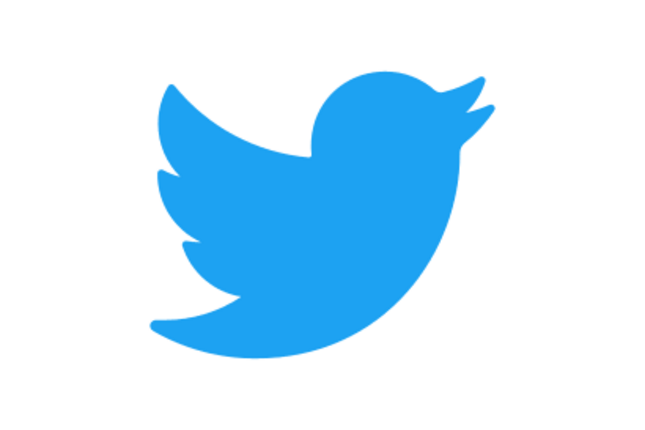BREXIT, GREXIT, FREXIT ... GERMEXIT? – A dystopia
“Good evening ladies and gentlemen, welcome to the Tagesschau. Tomorrow is Election Day, when the German people will go to the polls to decide whether their nation should follow in the footsteps of Great Britain, Greece, France, and the other countries that have left the EU – which is down to just 21 member states – over the past five years. Recent surveys indicate that the result will probably be close. Forty-nine percent said that …”
Angela Merkel switches off the TV and stares into her chamomile tea, which has gone cold. The past few months have been a complete nightmare: After French president Marine Le Pen decided to withdraw France from the EU last winter, things spiraled out of control. The Franco-German Friendship was finally dead, and more and more people started demanding a referendum in Germany. Tomorrow is the day. Merkel moans. “If only I hadn’t …”
She flops onto the sofa and drifts off into a restless sleep.
June 13, 2021 – 6:30 a.m.
She opens her left eye, then the right one. They’re swollen. This is one of those days when waking up from a nightmare (like the one in which Alexander Gauland became the new Chancellor) gives way to a reality that’s even worse.
Blue it is. The blue jacket has helped her through so many crises, even when … no, she has to focus now. One quick check in the mirror, corners of the mouth upward. Here we go.
The telephone interview with Deutschlandfunk starts half an hour later. “Mrs. Merkel, your coalition partners, the Social Democrats and the Greens, have already voiced the political consequences should you lose today’s election. What about you? Will you resign as Chancellor if the #NoEU campaign succeeds?” – “If the Germans actually decide to leave the EU, my political future is the least of our worries. The real question is: What will happen to our people? Our democracy? Our economy? These consequences are impossible to predict.”
June 13, 2021 – 4:00 p.m.
Alexander Gauland and Horst Seehofer take the stage, both wearing suits and ties in their party’s signature blue and red. Their supporters – the members of the Alternative for Germany (AfD) and its Bavarian sister party, the Alternative for Bavaria (AfB) – are already celebrating the victory of the #NoEU campaign. After the CSU left the Union with the CDU in 2018 (insiders claim Merkel kicked them out), Seehofer convinced a few of his fellow party members to form a new party. Since then, the AfB has been gaining more and more supporters, and even became part of the Bavarian Landtag only a few months after its foundation.
“Dear friends! Thank you so much for your support!”
The audience applauds endlessly. “Without your tireless effort, this day would not have been possible,” Seehofer shouts, the beads of sweat on his forehead threatening to run into his eyes. “I especially want to thank Björn Höcke and Markus Söder. You helped build the alliance between the AfD and the AfB. This is just the final rehearsal for our electoral campaign for the Bundestag in autumn. No to foreign control and Yes to democracy! Vote ‘leave’!”
June 13, 2021 – 6:00 p.m.
The polls are closed; the first projections will be coming in at any moment. This is it. Merkel squeezes her fingers and forms her rhombus to pacify herself. The next few minutes will seal her political fate. Soon she will have to explain the results to her fellow party members – at least to those who remain. Her phone rings: It’s Wolfgang Schäuble. Although he resigned as Finance Minister after his second heart attack two years ago, he’s still one of her closest friends – her only one, actually. “Angela, if the result is a ‘No’, let’s…”
His voice becomes a faint murmur as Merkel lets her cell phone drop to the floor. “The first results of today’s referendum are in: The election turnout was 83.6 percent. To the question ‘Should the Federal Republic of Germany remain in the European Union?’, 52 percent of all voters answered …”
This article first appeared in Sagwas.
About FES Connect
Connecting people, in the spirit of social democracy, we source and share content in English from the German and international network of the Friedrich-Ebert-Stiftung.
